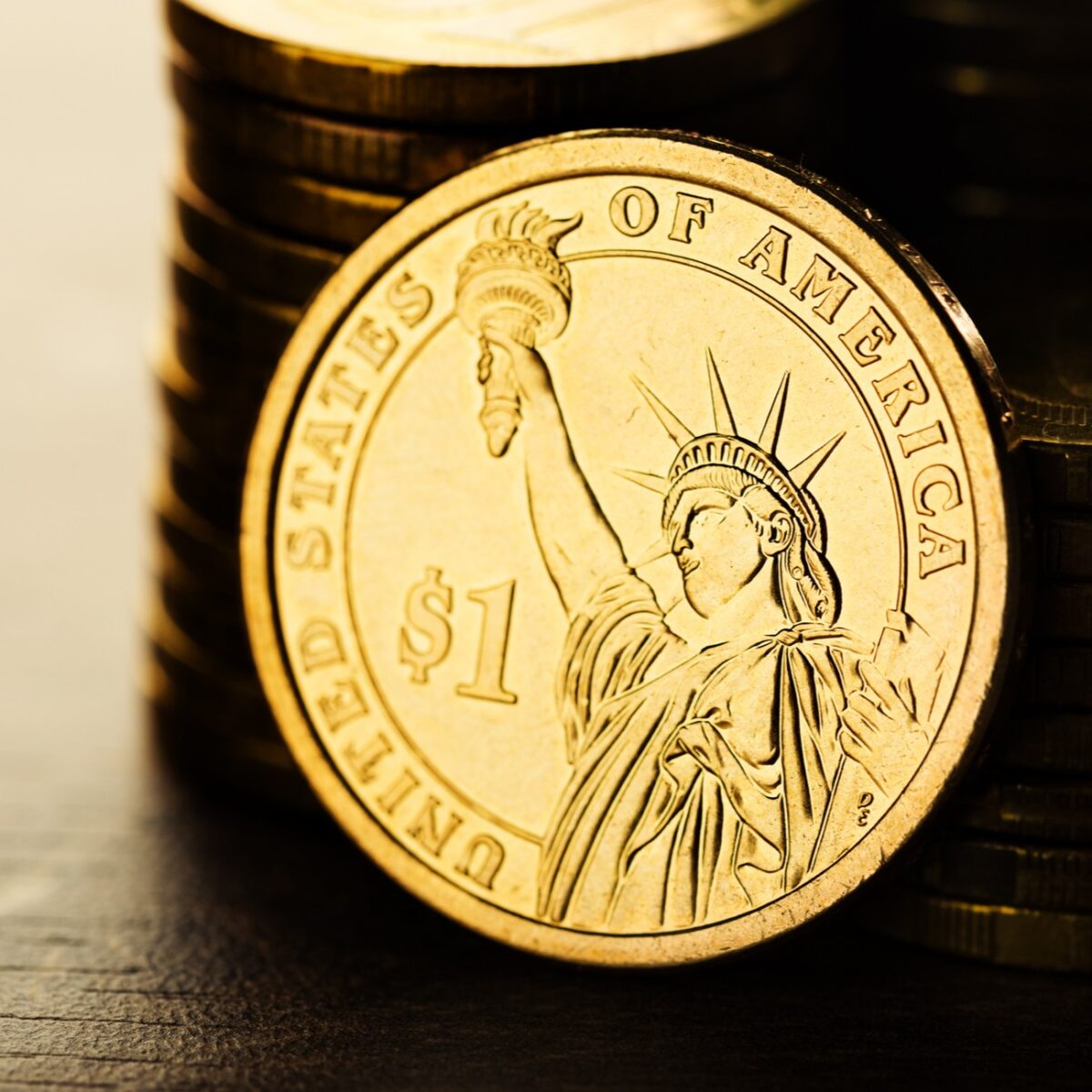PALO ALTO, Calif. (Reuters) - The Federal Reserve is taking a look at a broad variety of concerns around digital payments and currencies, consisting of policy, design and legal considerations around possibly providing its own digital currency, Governor Lael Brainard said on Wednesday. Brainard's remarks suggest more digital fedcoin openness to the possibility of a Fed-issued digital coin than in the past." By changing payments, digitalization has the prospective to provide greater value and convenience at lower expense," Brainard stated at a conference on payments at the Stanford Graduate School of Business.
Reserve banks internationally are discussing how to manage digital finance innovation and the dispersed ledger systems used by bitcoin, which guarantees near-instantaneous payment at potentially low cost. The Fed is establishing its own round-the-clock real-time payments and settlement service and is currently reviewing 200 comment letters sent late in 2015 about the proposed service's style and scope, Brainard stated.
Less than two years ago Brainard told a conference in San Francisco that there is "no engaging showed need" for such a coin. But that was prior to the scope of Facebook's digital currency ambitions were commonly known. fedcoin news Fed authorities, including Brainard, have actually raised issues about consumer securities and data and privacy hazards that could be postured by a currency that might come into use by the 3rd of the world's population that have Facebook accounts.

" We are teaming up with other main banks as we advance our understanding of central bank digital currencies," she stated. With more nations checking out releasing their own digital currencies, Brainard stated, that adds to "a set of reasons to likewise be making sure that we are that frontier of both research study and policy advancement." In the United States, Brainard stated, concerns that require study include whether a digital currency would make the payments system more secure or easier, and whether it could present monetary stability risks, including the possibility of bank runs if cash can be turned "with a single swipe" into the central bank's digital currency.
To counter the monetary damage from America's extraordinary national lockdown, the Federal Reserve has actually taken extraordinary steps, including flooding the economy with dollars and investing directly in the economy. Many of these moves got grudging approval even from many Fed doubters, as they saw this stimulus as needed and something just the Fed might do.
My new CEI report, "Government-Run Payment Systems Are Risky at Any Speed: The Case Against Fedcoin and FedNow," details the threats of the Fed's existing strategies for its FedNow real-time payment system, and propositions for main bank-issued cryptocurrency that have been dubbed Fedcoin or the "digital dollar." In my report, I talk about issues about personal privacy, data security, currency fedcoin a central bankissued cryptocurrency control, Browse around this site and crowding out private-sector competition and development.
Advocates of FedNow and Fedcoin state the government should produce a system for payments to deposit instantly, instead of motivate such systems in the economic sector by raising regulative barriers. But as kept in mind in the paper, the economic sector is providing an apparently unlimited supply of payment technologies and digital currencies to resolve the problemto the extent it is a problemof the time gap between when a payment is sent out and when it is received in a checking account.
And the examples of private-sector innovation in this area are many. The Cleaning House, a bank-held cooperative that has been routing interbank payments in numerous forms for more than 150 years, has actually been Go to this website clearing real-time payments given that 2017. By the end of 2018 it was covering 50 percent of the deposit base in the U.S.